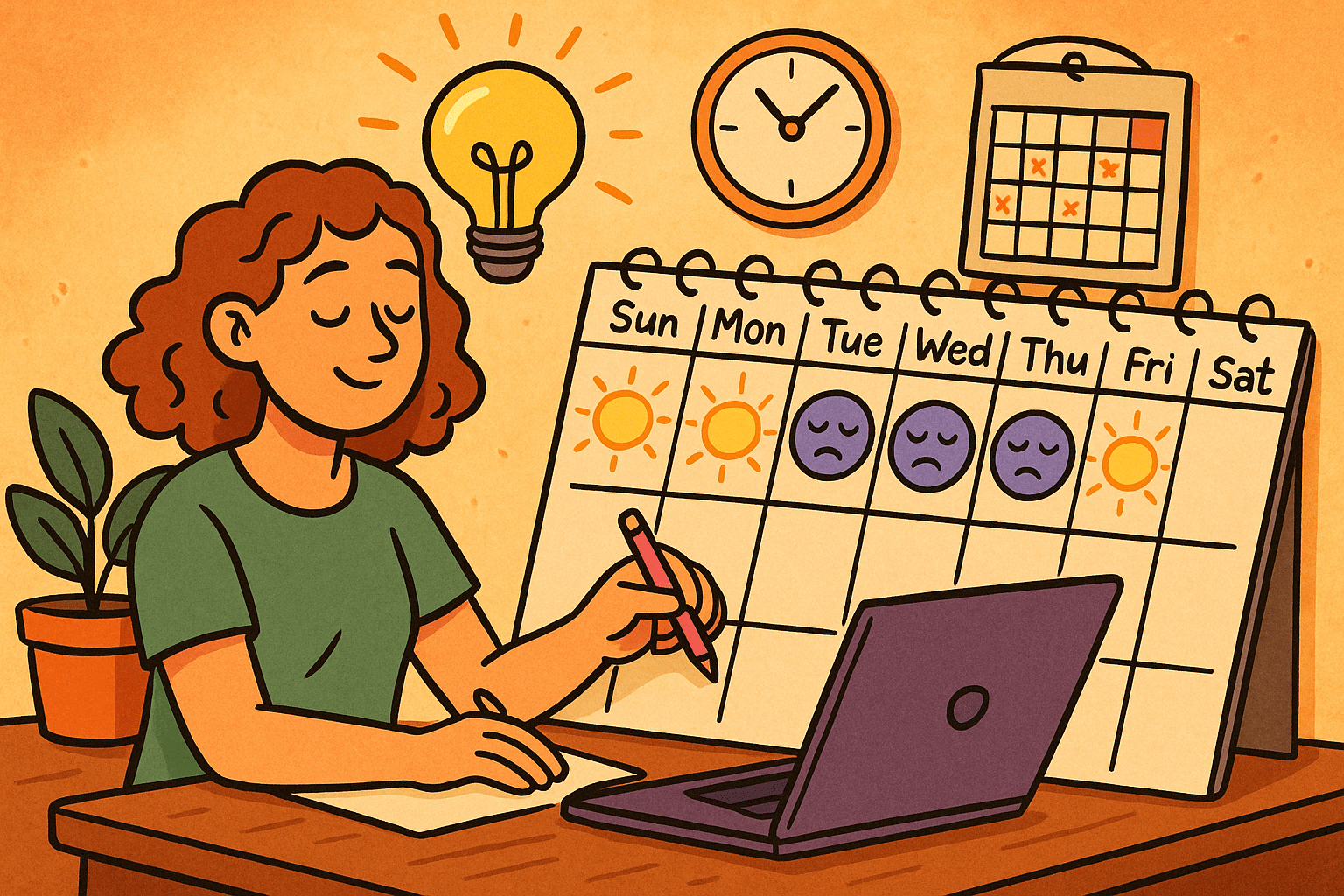In today’s world, efficiency is everything. Automated workflows, AI tools, and streamlined systems promise friction-free work like never before. But here’s the catch: friction-free work quality often suffers. The rise of seamless environments may be killing depth and originality—fast.

The Friction-Free Fantasy: What It Promises
We’re told frictionless work is the future:
- Smooth interfaces
- One-click processes
- Automated emails and AI-generated content
This workflow model is built for speed. Startups worship “move fast and break things,” while enterprises aim for “agile sprints.” But as we offload more tasks to seamless systems, a key question emerges: Are we also outsourcing our thinking?
The Myth of Effortless Excellence
Friction-free processes minimize delays, but they also remove the very struggle that often sparks innovation. According to a study by Harvard Business Review, creative breakthroughs are more likely during high-effort tasks, not passive, streamlined ones (Amabile, 2018). Without the challenge, work becomes mechanical—output increases, but insight evaporates.
Take writing, for example. AI tools like ChatGPT can generate thousands of words in seconds. But content that lacks human editing, depth, or nuance often reads flat and impersonal. The “friction” of rewriting and researching is where real quality emerges.
Real-World Consequences: Where Quality Gets Compromised
1. Software Development
Modern low-code platforms let almost anyone build apps. But seasoned developers warn: without robust testing and debugging (aka, friction), errors scale faster than solutions.
2. Journalism & Content Creation
Automated news generation tools can churn out articles 24/7. But Buzzfeed’s AI experiment showed viral content isn’t always valuable. After backlash and quality concerns, they scaled back AI contributions (Roose, 2023).
3. Design & UX
Tools like Canva make design accessible—but also risk flooding the web with lookalike templates. As friction decreases, originality often suffers.
Friction = Critical Thinking
Friction slows us down, yes—but it also forces us to pause, reflect, and revise. In education, researchers found that students who had to “struggle productively” with a concept before being shown the solution retained it far longer (Kapur, 2016). This suggests that some struggle is essential for long-term learning and retention.
In the workplace, that same cognitive dissonance applies. When things are too easy, we stop questioning. When tasks are harder, we become more engaged, more analytical—and often, more accurate.
Is Friction Always Good? Of Course Not.
Some friction is just bad UX: confusing interfaces, redundant forms, slow-loading websites. That kind of inefficiency deserves to be eliminated. But the friction that prompts reflection, revision, and refinement? That’s the good stuff.
The key is to differentiate productive friction from avoidable bureaucracy.
How to Strike a Balance: Tips for Teams & Creators
- Introduce Checkpoints: Build review stages into workflows to ensure critical thinking.
- Delay Automation: Let human decisions lead before automating repetitive tasks.
- Celebrate the Draft: Encourage rough drafts, feedback rounds, and iteration.
- Use AI as a Partner, Not a Replacement: AI can accelerate work—but let it support, not replace, deep thinking.
Conclusion: Reclaiming the Power of Productive Struggle
Efficiency is great—until it costs you creativity, insight, and quality. Friction-free work isn’t inherently bad, but it’s not inherently good either. To produce truly meaningful, high-quality results, a little resistance may be exactly what we need.
References
- Amabile, T. (2018). ‘Creativity under the Gun’. Harvard Business Review. Available at: https://hbr.org (Accessed: 30 June 2025).
- Roose, K. (2023). ‘BuzzFeed Bets Big on AI. So Far, It’s a Mess.’ The New York Times. Available at: https://www.nytimes.com (Accessed: 30 June 2025).
- Kapur, M. (2016). ‘Productive Failure in Learning’. Cognitive Science, 40(2), pp. 482–512. Available at: https://onlinelibrary.wiley.com (Accessed: 30 June 2025).






